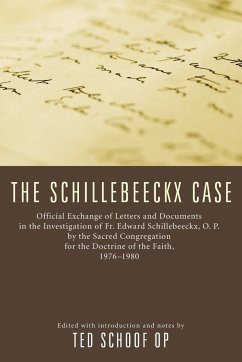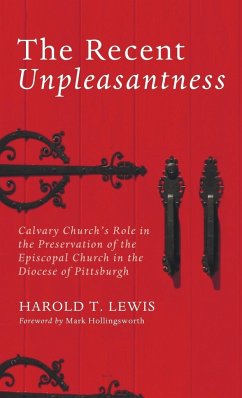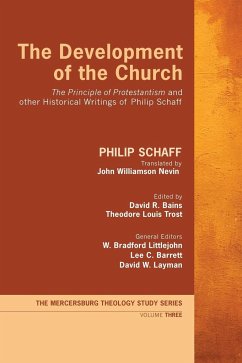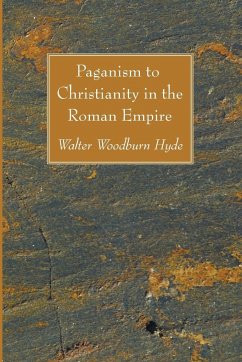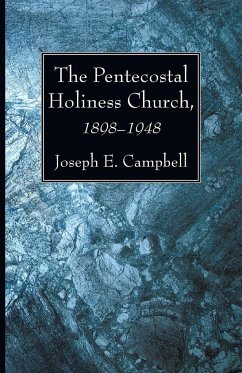THE SCHILLEBEECKX CASE brings together for the first time in English the letters between the prominent Dutch theologian Edward Schillebeeckx and the Sacred Congregation for the Doctrine of the Faith, the Catholic Church's central Vatican office in charge of guarding the orthodoxy of the faith. When the Congregation began to investigate some of the theological statements found in the author's Jesus: An Experiment in Christology, it became a source of intense controversy all over the theological world. These official documents cover a five year period and include the original questions put to Schillebeeckx by the Congregation, his response, their rejoiner, and the report of the face-to-face meeting that finally took place in Rome in 1979. The book ends with the final letter from the secretary of the Congregation, Cardinal Franjo Seper, giving the findings of the commission of investigation. These documents were not composed for publication but for private exchange between the parties and so breathe the passions of the debate.
Hinweis: Dieser Artikel kann nur an eine deutsche Lieferadresse ausgeliefert werden.
Hinweis: Dieser Artikel kann nur an eine deutsche Lieferadresse ausgeliefert werden.

